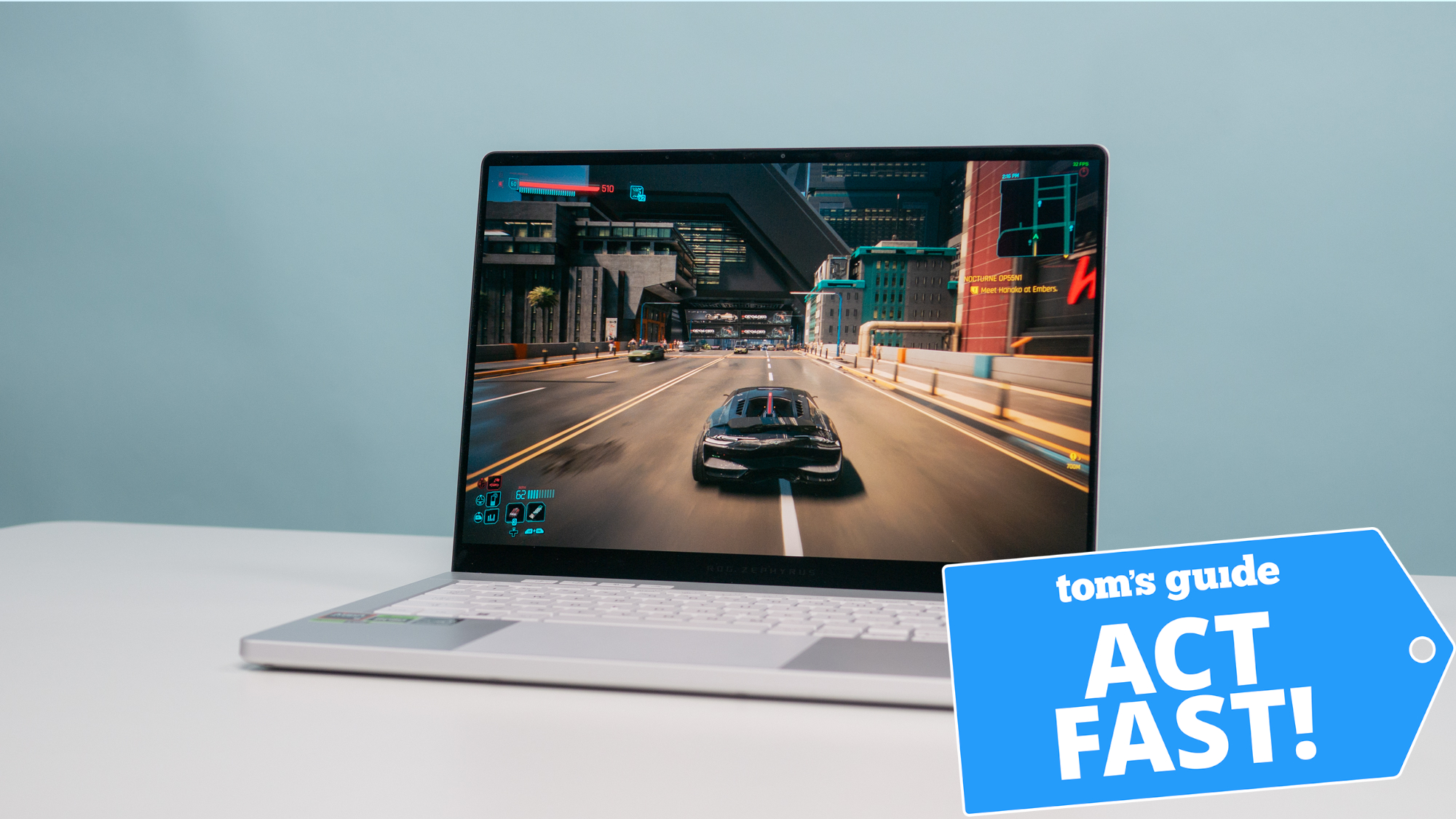What is a sleep window, and how can it help you have better night's rest?
We consulted an expert for their advice on working with your natural sleep window to create a more effective sleep routine
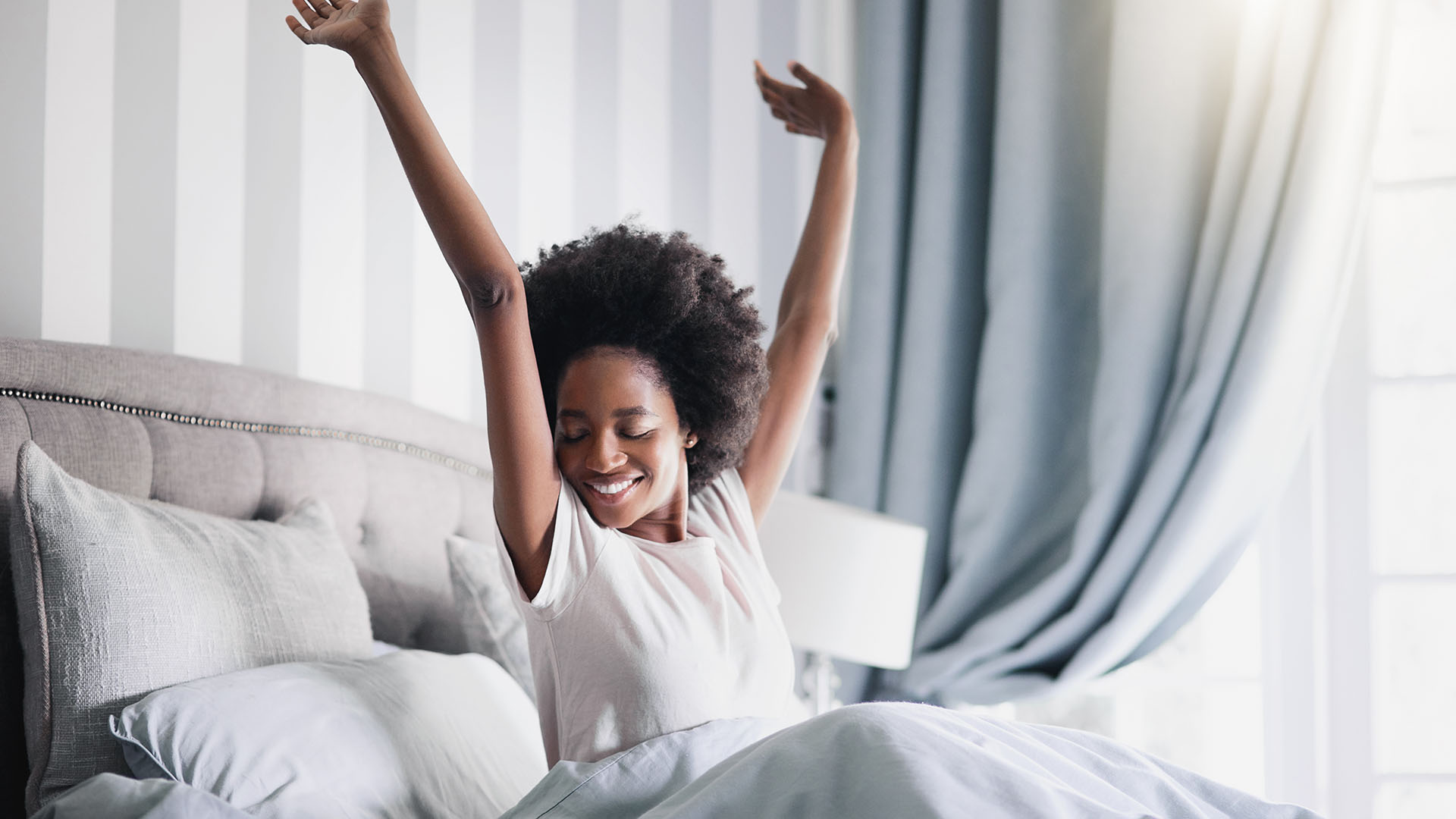
You might have heard the term 'sleep window', and wondered what it means and if it's relevant to your sleep routine. According to some experts, working out the time at which your body is naturally predisposed towards sleep and using this to dictate when you go to bed and wake up, could be key to better night's rest overall.
Read on for more information on exactly what a sleep window is, how to find yours, and how to integrate it into an effective sleep schedule.
The idea of a sleep window is one of a number of sleep methods – head to our guides to the Navy SEAL Sleep Technique and the 10-3-2-1-0 sleep rule for two other popular approaches. And of course, if you're still struggling to drop off, it's worth making sure it's not your bed that's to blame – our best mattress and best pillow guides can help you find the right setup for your sleep style.
What is a sleep window?
A sleep window is the period of time in which our body naturally wants to go to sleep. The exact time when this sits will vary from person to person. The idea of a sleep window is often discussed in relation to babies or young children, but the concept can be useful for adults looking to improve their sleep habits too. Some sleep experts suggest that finding your own sleep window, and using it to dictate your personal schedule is key to better quality sleep.
"If you develop a good sleep routine and regularly fall asleep in your optimal window, you create a good brain habit for sleep, which has a positive impact on your overall sleep status," says Chloe Angus, sleep expert and Wellbeing Manager at Cavendish Care.
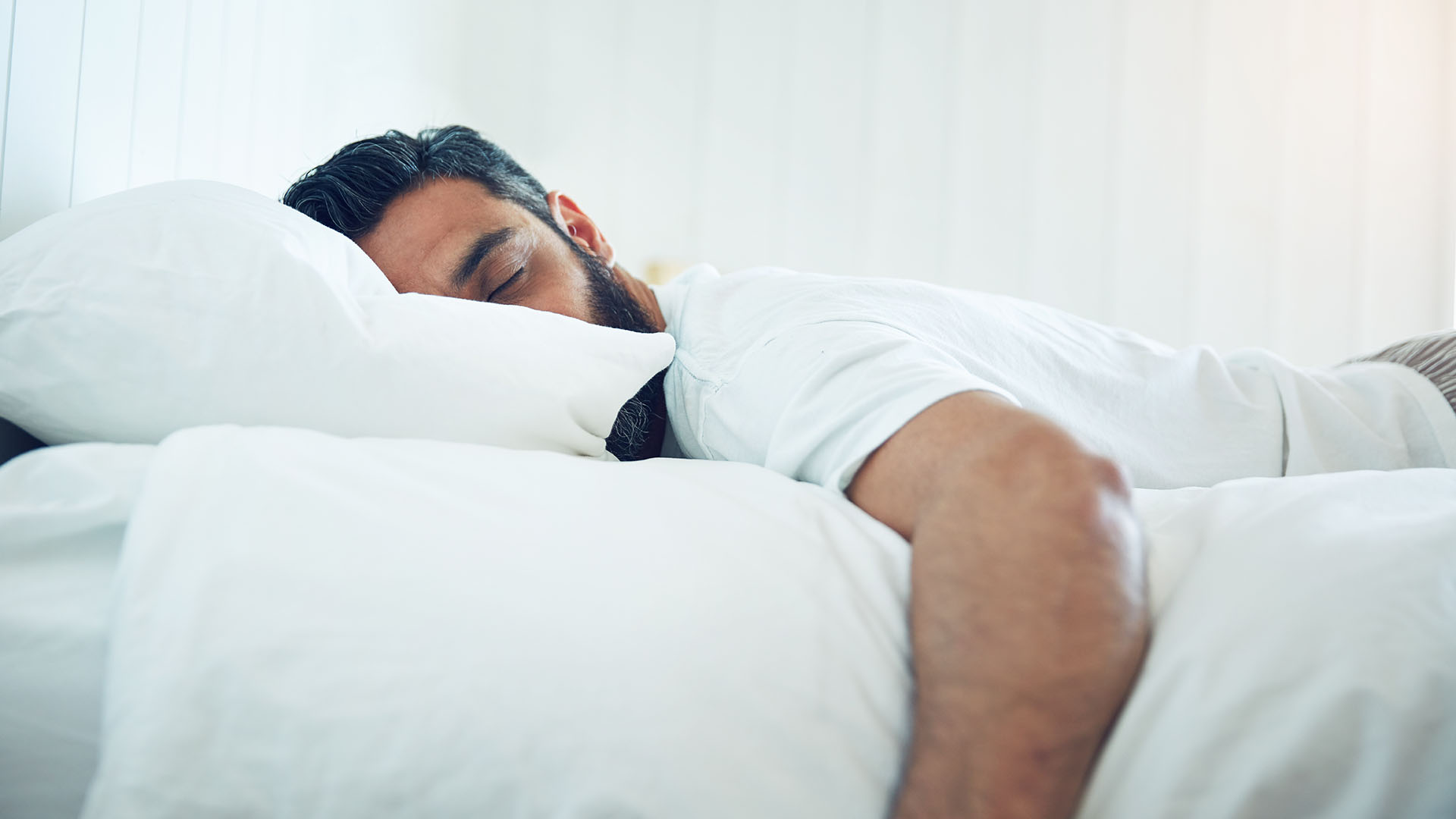
What can affect your sleep window?
There is a time when your body will be more naturally predisposed to want to go to sleep, but there are external influences that can skew this, and make it more difficult for you to find your own sleep window. Stress, alcohol consumption, diet, mood and use of electronic devices can all affect our energy levels and how alert we feel at any given time. It's worth being mindful of these when trying to find your own natural sleep window.
How to find your sleep window
When exactly your sleep window falls varies from person to person. Here are some tips for working out when yours is.
1. Experiment within a timeframe
Start with a trial-and-error approach to figuring out when you naturally start to feel sleepy. "A good idea is to begin experimenting between 9:30pm and 11:30pm, as most people's optimal sleep window falls within this time," says Chloe. Try and be open minded, rather than going by previous schedules or what you assume your window will be.
2. Work backwards
If you have commitments in the mornings, you'll need to factor this into your planning. Most people need around 7-9 hours of sleep per night in order to feel properly rested and recovered. Chloe suggests using 8 hours as a benchmark, and then working backwards from your required wake-up time to figure out when you have to be asleep by. So if you know you need to be up around 7am, you'd need to aim to be asleep by 11pm. Use this as a starting point when experimenting to find your exact sleep window.
Sign up to get the BEST of Tom's Guide direct to your inbox.
Get instant access to breaking news, the hottest reviews, great deals and helpful tips.
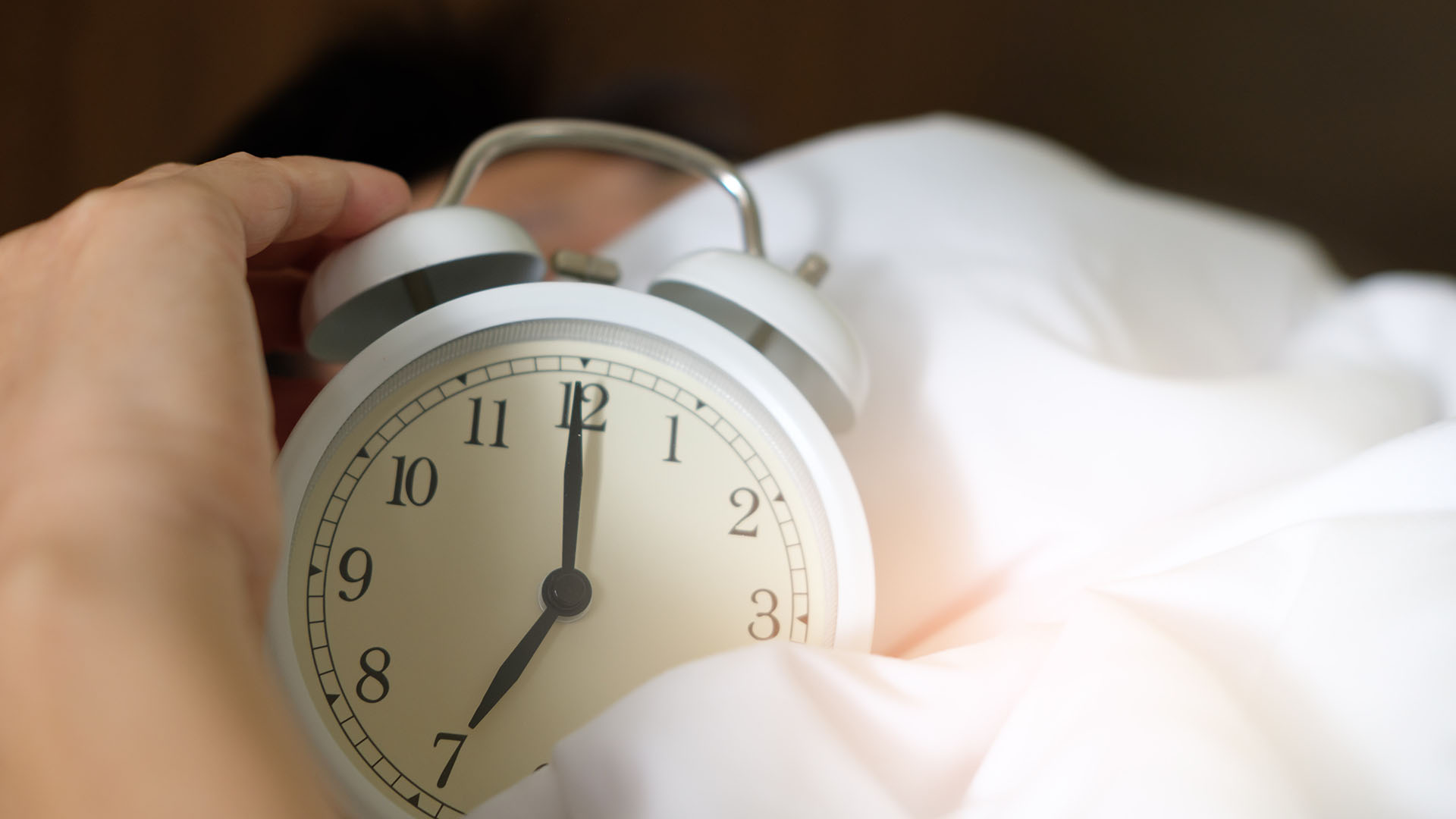
3. Build in dropping off time
"Prepare yourself for not falling asleep straight away," says Chloe. "It is rare for us to fall asleep as soon as our heads hit the pillow, no matter our good intentions of getting an early night." So if you're aiming to be asleep at 11pm, you might need to actually get into bed 30 minutes or an hour before then, to allow your body time to wind down and drop off.
If you're struggling to fall asleep, try the Military sleep method or body scan meditation technique, both designed to help you fall asleep in under 5 minutes. And if you find you're lying in bed for a long time without dropping off, consider implementing the 15 minute sleep rule, which involves getting up and doing something relaxing in another room until you feel sleepy.
How to build a routine around your sleep window
It's not all about getting into bed early; to optimize your sleep window it's worth building an evening routine that'll help prepare your body for sleep. "Consider preparing your body and mind for sleep with a sleep-friendly routine during the early evening and avoid anything which can impact your sleepiness," explains Chloe.
"Our minds and bodies enjoy routine," she continues. "A healthy bedtime routine that includes things such as reading, listening to relaxing music or performing a step-by-step skincare routine will help to soothe you before bed, helping you achieve that ideal window of sleep needed for your wellbeing."
As well as embracing soothing activities, there are certain things you should avoid as part of your routine. Here are some tips for building an effective wind-down routine.
1. Limit caffeine intake from midday
Caffeine stimulates the central nervous system, making you feel more awake and alert. That's great first thing in the morning, but not so good when it's time to wind down for the night. Chloe suggests avoiding caffeinated drinks (tea, coffee and energy drinks) from as early as midday, so it's definitely clear of your system by the time you're heading to bed. As discussed above, stimulants like caffeine can make it harder for you to identify your sleep window, by impacting on how tired you feel.
Herbal sleep teas can help you relax, but if you're regularly waking up in the night to wee, don't drink them too close to bedtime. (Here's when to stop drinking before bed, according to a doctor.)
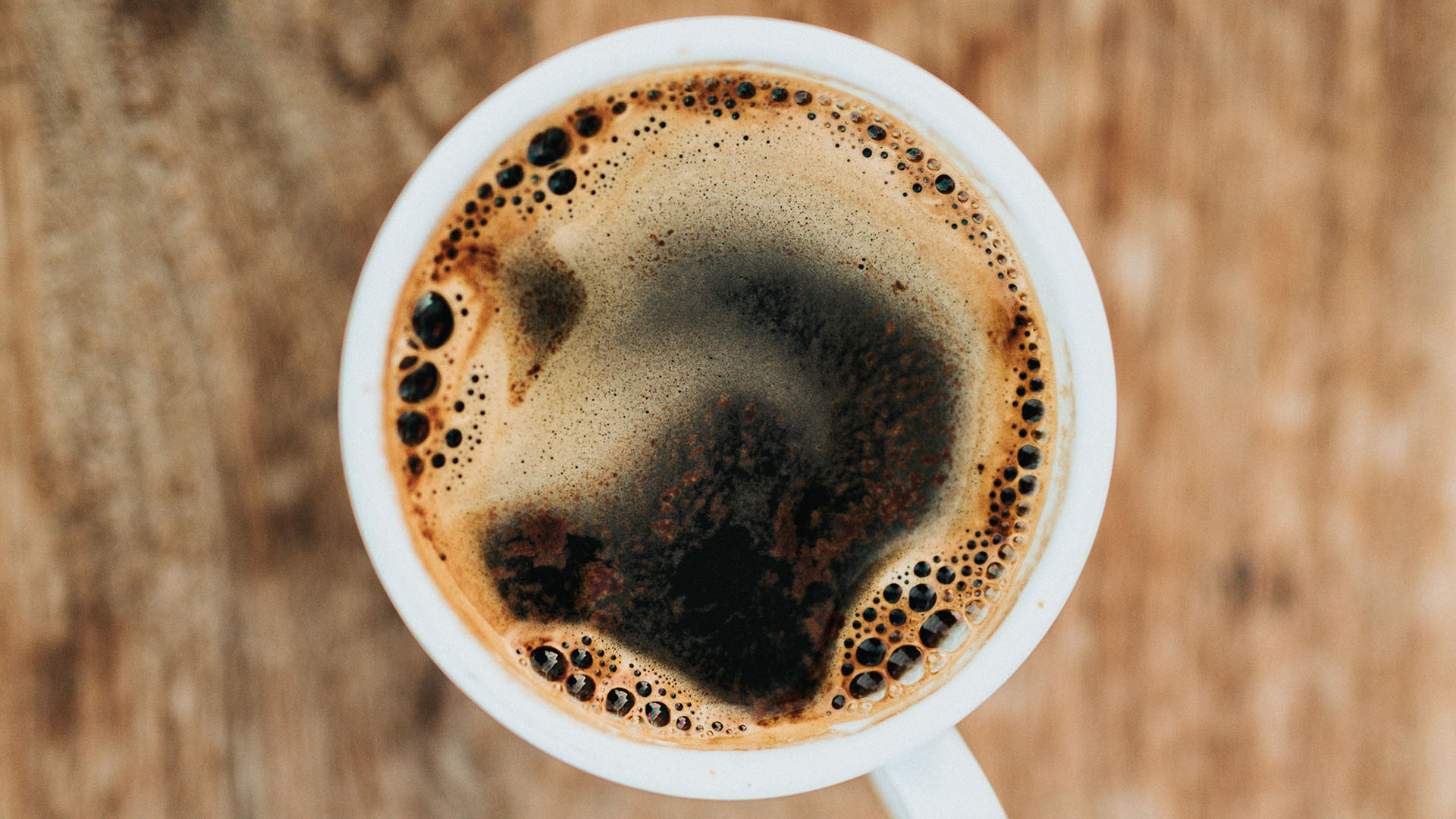
2. Eat earlier in the evening
Chloe suggests stopping eating completely at least 2 to 3 hours before you want to go to bed, so you're not still digesting food while you're trying to fall asleep. That means not having your dinner too late, and resisting late-night snacks, too. The effects of late-night eating aren't fully explored, but there are studies that show it has a negative effect on sleep patterns.
There are a number of reasons why eating late in the evening is generally considered to be a bad idea. First up, if you eat a big meal, your body needs to digest it, which requires energy. Conversely, digestion typically slows down when you're asleep. So your body's processes are working at odds with one another. There's also the issue that being overly full may make you feel uncomfortable, and you might also be dealing with acid reflux and the resultant heartburn, neither of which are ideal for falling asleep.
3. Be wary of device use
Be mindful of how you're using your devices later in the evening. Whether it's a work-related notification causing premature stress, or a dramatic TV show making you feel sad or excited, there are multiple ways that screen time can cause the brain to feel more alert when it should be winding down.
"The type of content you consume before bed can have an effect on sleep quality and ability to fall asleep," says Chloe. "Switch off phone notifications by using the Do Not Disturb feature, use night time filters, and avoid engaging, stimulating TV or film content in the lead up to bedtime."
Many experts also recommend avoiding devices in the run-up to bedtime because of the screens themselves. One key way that your body recognizes sleep and wake times is by using light cues. Light – and especially blue light, of the kind emitted by your electronic devices – suppresses production of melatonin (the hormone that makes us feel sleepy) in the body. So just looking at your phone screen could be making you feel more awake.
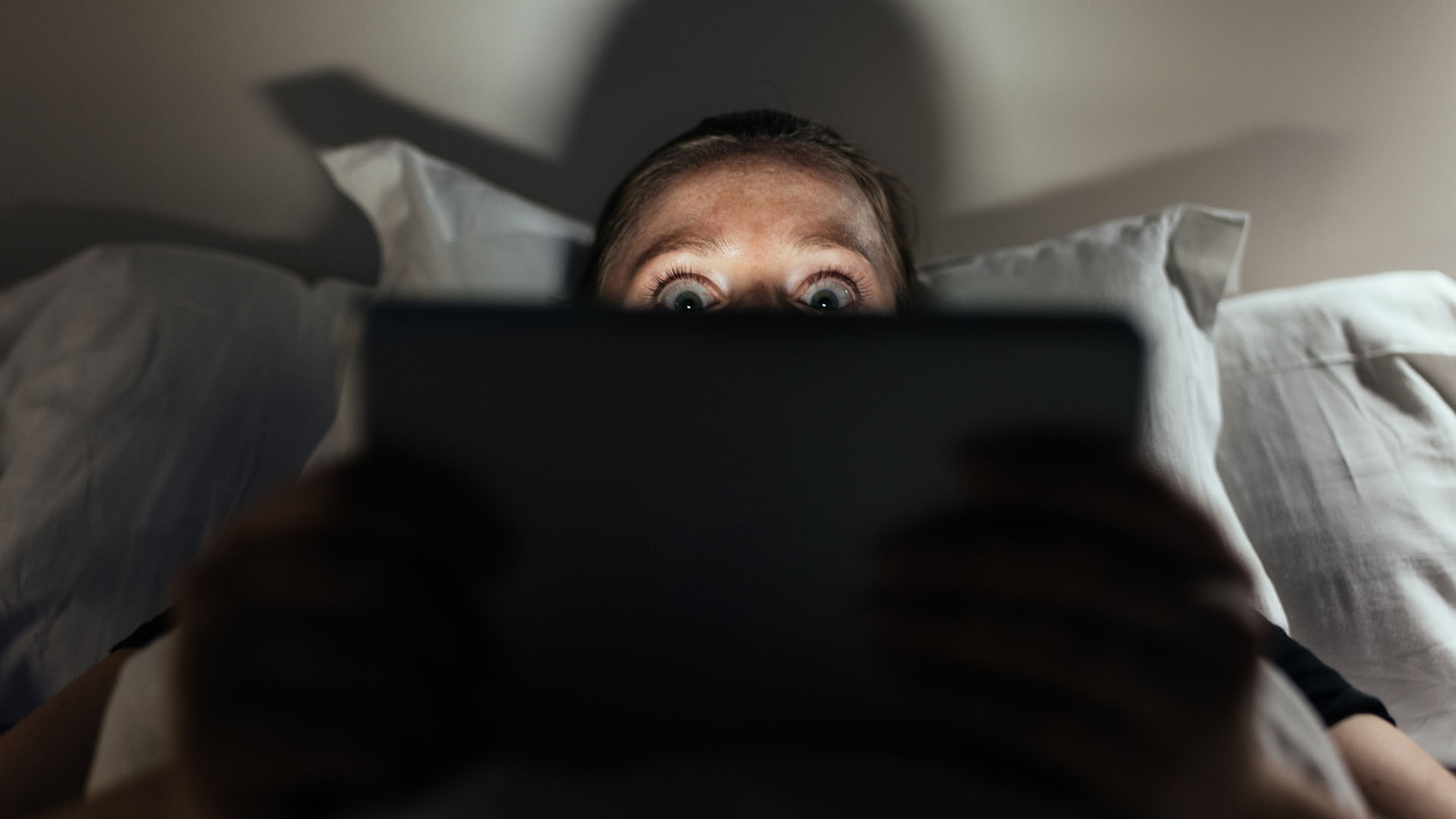
In order to help your routine run smoothly and build consistency, it might help to have a set timetable to stick to. "For example, having the last cup of coffee at 12 noon, herbal and decaf beverages only after this time; evening meal to finish at 7pm; switch off phone/TV and start bedtime routine at 9pm," suggests Chloe. "With these distractions out of the way, you will be able to discern when your body usually wants to fall asleep naturally."
For more advice on sleep windows and how to stick to them, head to Mattress Online.

For her role as Corporate Wellbeing Manager for Cavendish Cancer Care, Chloe offers focus talks, training and guided sessions to organizations to support their team and the local community. Fatigue and sleep are top challenges that Cavendish tackles, and Chloe has long studied sleep and provides talks and training sessions on sleep and burnout.

Ruth is currently Homes Editor on Tom's Guide's sister site TechRadar, where she reviews and writes about everything from air fryers to vacuum cleaners to coffee machines, as well as the latest smart home gadgets. Prior to making the shift to Homes, Ruth was Tom's Guide's Sleep Editor. A certified Sleep Science Coach, she has tested more mattresses than her small flat can handle and will talk at length about them to anyone who shows even a passing interest.
